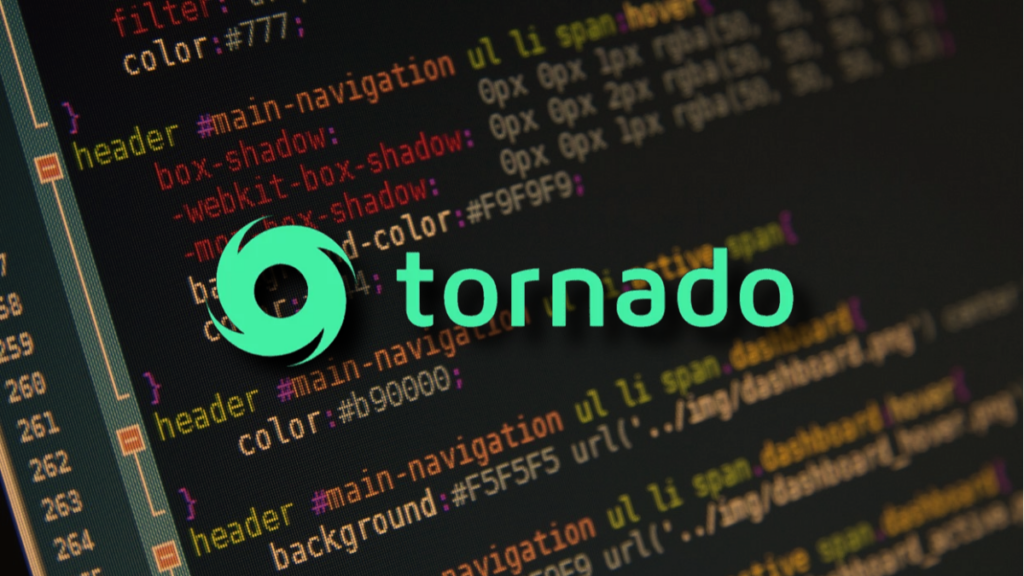TL;DR
- A coalition of 34 crypto companies and organizations, including Coinbase and Kraken, has sent a letter to the U.S. Congress denouncing an “overreaching” interpretation of the laws against Tornado Cash.
- They accuse the Department of Justice (DOJ) of creating legal confusion by ignoring FinCEN guidelines on non-custodial developers.
- The crypto community warns that this stance could paralyze blockchain software development in the U.S. and puts the entire industry at risk.
A growing wave of concern is spreading across the U.S. crypto ecosystem following the DOJ’s legal offensive against Tornado Cash developers Roman Storm and Roman Semenov, who are accused of money laundering. In a letter sent to Congress on March 26, 34 industry organizations, including major players like Coinbase, Kraken, and the DeFi Education Fund, called for an urgent review of the legal interpretation that has set off alarms throughout the blockchain and web3 developer community.
According to the coalition, the DOJ is misapplying the definition of “money transmitting business” by enforcing regulations designed for traditional financial institutions on decentralized software developers. This approach, they argue, not only contradicts FinCEN’s 2019 guidelines, which exempt developers who do not control user funds, but also sets an “unfair, confusing, and potentially paralyzing” precedent for crypto innovation in the country. They further warn that this legal ambiguity could be weaponized to stifle technological progress and concentrate power in centralized entities, severely undermining decentralization and open-source collaboration models.
Is Publishing Code a Crime?
The Tornado Cash case is not an isolated incident. Earlier this year, programmer Michael Lewellen, a member of Coin Center, filed a lawsuit against Attorney General Merrick Garland to defend his right to publish non-custodial software without being accused of criminal activity.
“They’re criminalizing writing code, something protected by the Constitution,”
said Lewellen, echoing the sentiments of a community that sees these legal actions as a direct threat to the freedom of technological development and expression.

Two Government Agencies, One Major Conflict
The letter highlights the contradiction between federal agencies: while FinCEN has made it clear that developers who don’t control user funds are not subject to money transmitter regulations, the DOJ seems to disregard this guidance, creating a legal landscape that is incompatible with the responsible development of blockchain technology.
From a pro-crypto perspective, this legal crusade is not only an excessive interpretation of the law but also a serious step backward for the U.S.’s technological sovereignty. If Congress does not intervene, the signatories warn,
“developers will be forced to either leave the country or stop innovating.”










